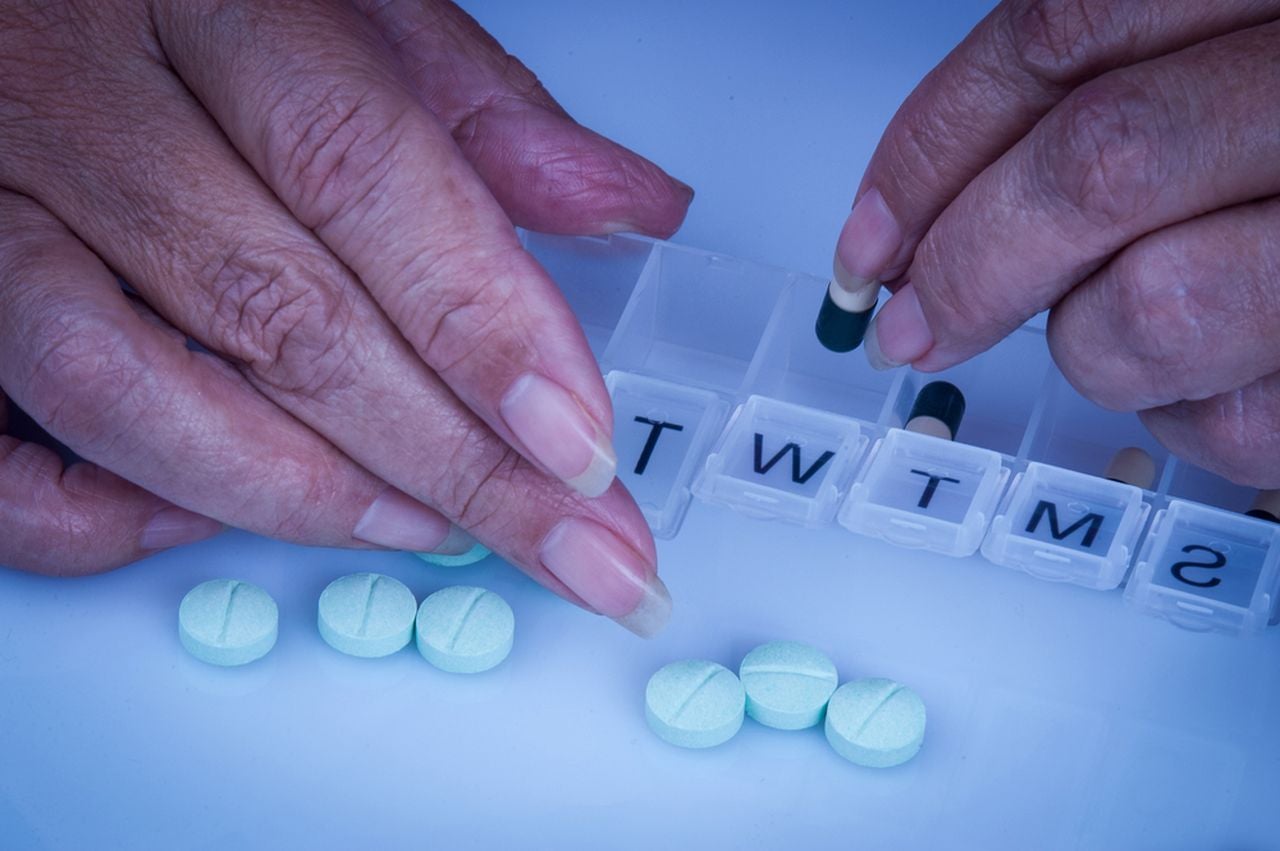San Francisco-based biotechnology company Cytokinetics has announced that it will be winding down the Phase III trial of its amyotrophic lateral sclerosis pipeline drug, reldesemtiv, as they found no evidence of an effect compared to a placebo on primary or secondary endpoints.
This comes after the pharmaceutical company announced the US FDA had rejected its heart failure drug, omecamtiv. The failure of reldesemtiv and omecamtiv places additional pressure on the success of Cytokinetics’s final Phase III pipeline candidate, aficamten – a drug that, according to GlobalData estimates, is projected to generate as much as $1.37bn by 2031.
Aficamten is a myosin inhibitor targeting patients with obstructive and non-obstructive hypertrophic cardiomyopathy (HCM). The drug received Breakthrough Therapy Designation from the FDA in December 2021 and its Phase III trial, entitled SEQUIOIA-HCM, has an estimated completion date of September 2023.
Study participants receive either aficamten in doses of 5mg, 10mg, 15mg, or 20mg, or a placebo, for 24 weeks. The primary outcome measure being examined is the change in peak oxygen uptake by cardiopulmonary exercise testing, an indicator of aficamten’s effect on exercise capacity in patients with symptomatic obstructive HCM. Secondary outcome measures assess the drug’s effect on patient health status, New York Heart Association functional classification, and post-Valsalva left ventricular outflow tract gradients.
HCM is one of several subtypes of cardiomyopathy, a term that refers to a heterogeneous collection of diseases characterised by an impaired heart muscle. Subtypes include HCM, dilated cardiomyopathy (DCM), arrhythmogenic cardiomyopathy (ACM), and restrictive cardiomyopathy (RCM). HCM is a condition where the walls of the heart become thick and non-flexible, DCM occurs when the left ventricle is enlarged and therefore cannot effectively pump blood out of the heart, ACM is characterised by the replacement of the ventricular myocardium with fibrofatty tissue, and RCM has non-dilated left or right ventricles with diastolic dysfunction.
Aficamten is one of two Phase III pipeline therapies for cardiomyopathies; the other, caficrestat, is in clinical trial development under Applied Therapeutics, and is also targeting patients with myocardial infarction, Covid-19, congestive heart failure, diabetic peripheral neuropathy, and pulmonary inflammation.

US Tariffs are shifting - will you react or anticipate?
Don’t let policy changes catch you off guard. Stay proactive with real-time data and expert analysis.
By GlobalDataIf aficamten is successful in coming to the market, then it will be second to Bristol Myers Squibb’s Camzyos (mavacamten), a first-in-class myosin inhibitor. The drug received FDA approval in October 2022, and currently enjoys its position as the only marketed cardiomyopathies therapy with a unique mechanism of action. When asked about aficamten’s capacity to penetrate the cardiomyopathies market, GlobalData key opinion leaders shared the following:
“If you look at the aficamten haemodynamic study where it showed an effect on gradients, and you look at the mavacamten hemodynamic study where it looked at the effect on gradients… they don’t present data in exactly the same way. And they have some differences. But it’s not obvious that one is any better than the other… But as you say, mavacamten will almost certainly be out first. And the question, once aficamten is out, is why would you use it? There hasn’t been enough publication with aficamten to really say if there is an advantage in terms of side effect profile or clinical benefit… I don’t know if there is going to be a marketing advantage for aficamten.”
US key opinion leader
“I don’t see why it wouldn’t [find market success]. I think in the world of cardiology, we’re very facile with looking at two drugs that do the same thing. And the drug companies are very good at highlighting the differences. And the experts, and pharmacists, and insurers are very good at lumping it all together… A lot of it depends on is there much differences or a lot of difference? What do the signals from the studies indicate? I think… what it ultimately comes down to [is] cost.”
US key opinion leader
“The mechanism is the same [in mavacamten and aficamten] although the binding sites are different. Different mostly in half-life and therapeutic index, but otherwise, they’re really very similar. So, they’re definitely head-to-head comparison, and so head-to-head competitors.”
EU key opinion leader
Thus, in order to find success, aficamten will need to have a superior efficacy or safety profile compared to mavacamten to combat its disadvantage of being second to market.






